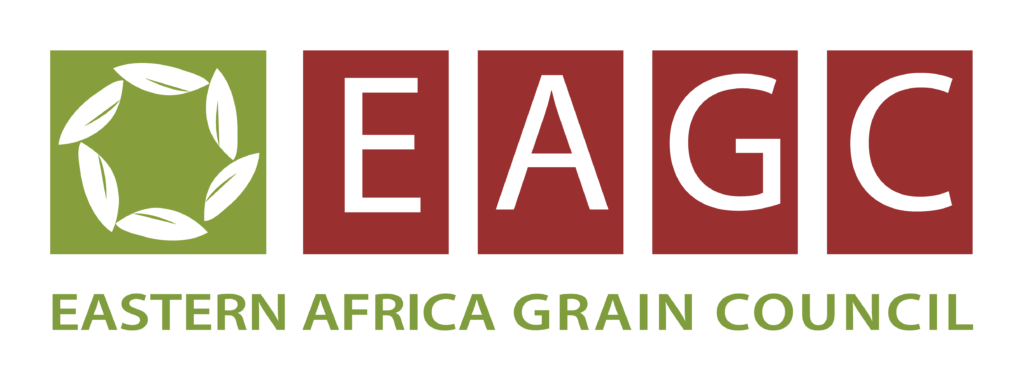The Grain Business Institute in Uganda conducted an aflatoxin detection, testing and control training. in Kampala. The three-day training held on 8th to 10th August, 2022 targeted farmer cooperative societies, large grain handlers and millers who are directly involved in producing, handling and processing maize.
EAGC Uganda Country Program Team Leader Mr. Paul Ochuna stated that Uganda is still grappling with the challenge of meeting EAC staple food standards particularly moisture content and aflatoxin. He urged stakeholders to take advantage of the training opportunities offered by EAGC to learn and adopt the requisite skills to attain quality grain for improved grain trade and increased returns.
The training aimed at imparting knowledge and skills in the concept of aflatoxin, its detection and control, aflatoxin standards and appropriate equipment required in the testing aflatoxin as well as sampling and grading. Consequently, the Institute partnered with Makerere University, the Uganda National Bureau of Statistics, Ministry of Trade, Industry and Cooperatives, IITA, and GrainPro Uganda (Inc) Ltd.
Speaking at the training, Mr. Stanley Ahimbisibwe, Assistant Commissioner, Quality Assurance and Standardization, Ministry of Trade, noted that the government is in the process of devolving the Agriculture Produce Bill – currently before the Cabinet, which once in place will be instrumental in enforcing and regulating the grain sector. Mr. John Jagwe, Country Director, the Alliance for a Green Revolution in Africa, also noted the importance of the regulators working closely and harmoniously with the value chain actors to achieve a unified outcome. He called upon continued sensitization of the actors to ensure they meet the set standards to avoid getting exposed to contaminated grain. He further condemned the manner in which rejected grain finds its way back to the value chain, either through human or animal feed noting that through the latter, contaminants still get to consumers through animal products. Stakeholders were also urged to not only utilize good farming practices but also use appropriate transport services in ferrying grains to maintain and preserve quality.

